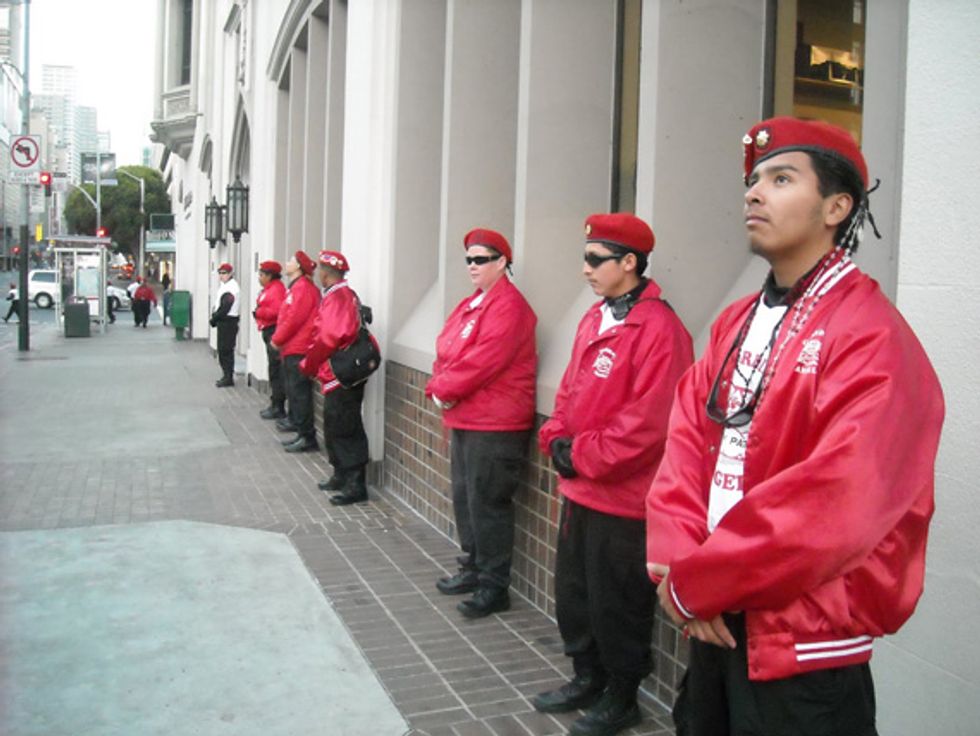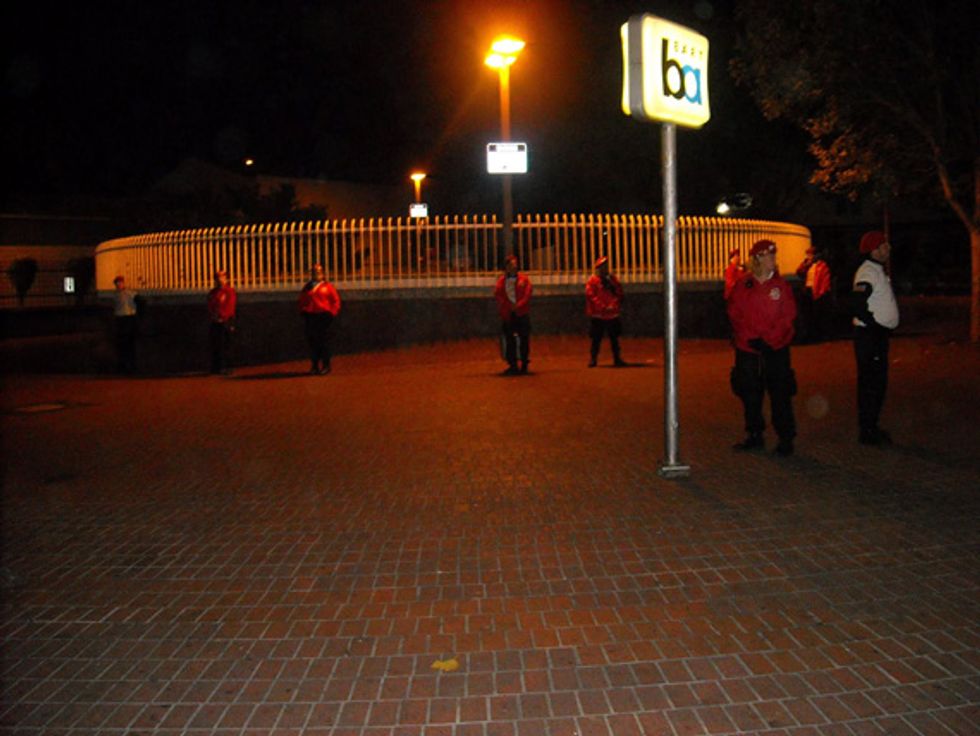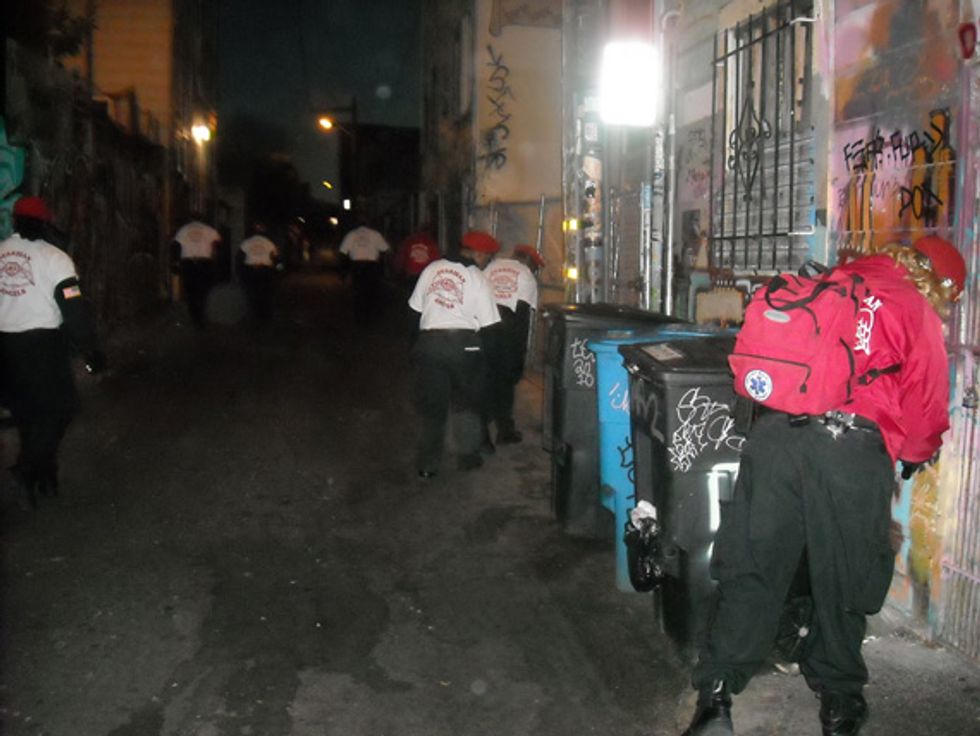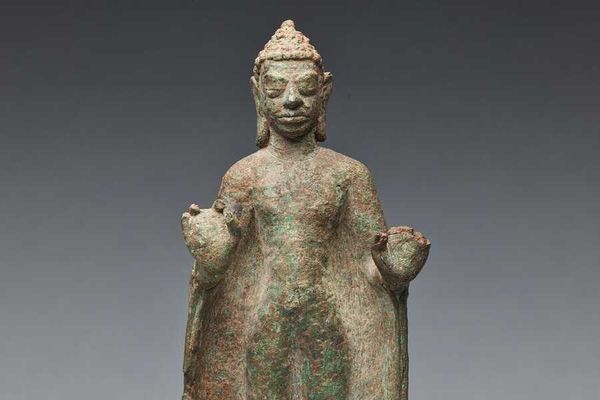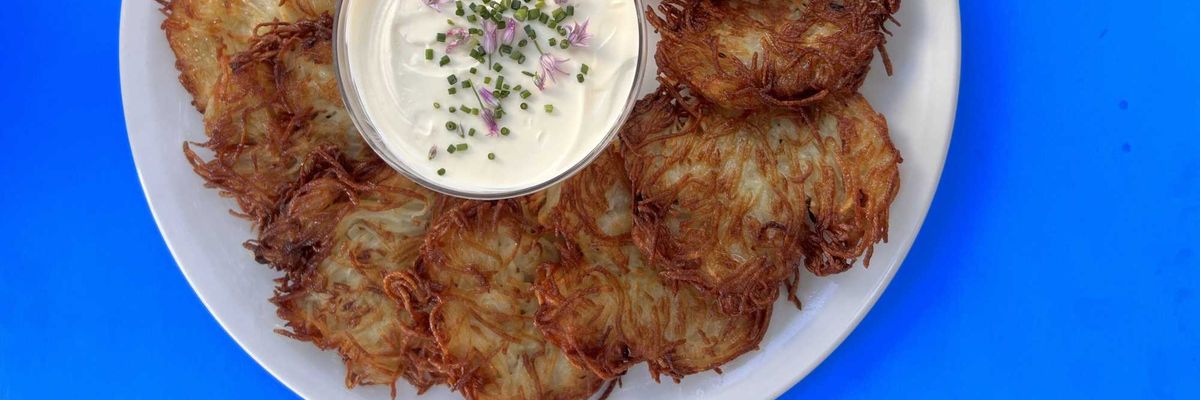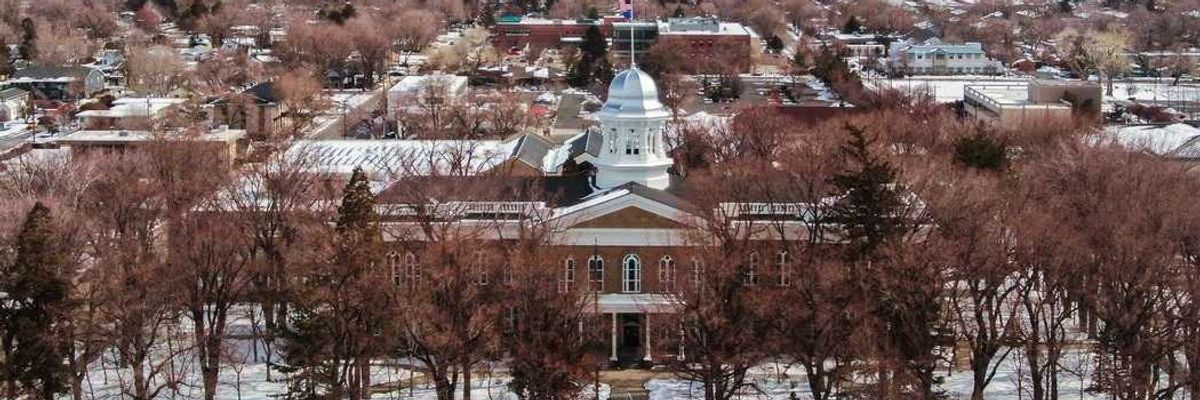It's the season of giving, and right now we're all spending a lot of time buying presents and getting dressed up for holiday parties. But there's a group of men and women amongst us who tirelessly put their lives on the line year round to give the rest of us a safe community. They're the San Francisco Guardian Angels, a band of volunteers who patrol city neighborhoods each weekend, looking for crime to stop, working with the police and acting as an extremely motivational tool for people stuck on the streets. We recently talked with Colonel Jerry "JD" Longoria about the work the San Francisco Guardian Angels do:
Who started the SF Chapter, and when?
It started in SF in 1984. It all began in New York in 1979 with founder Curtis Sliwa and then expanded to SF. The city officials initially didn’t want us here. They thought we were vigilantes and that it would cost more problems than it was worth. But we just went ahead and did it anyway. In the beginning, we heard stories about Guardian Angels going out starting fights and carrying weapons. It got a bad reputation, but things changed. We got more experience, more training and we're more grown up.
How did you get involved?
I started in October 2002. You start out as just a trainee, just a rookie. The more you listen to the leaders, the better you get. The more you put in, the more you're going get out of it. You have to really know the areas you’re going into, plan out your patrols, be organized, have a plan, and try to connect with community leaders, city leaders, and the police department. If you get along with them, they’re going accept you into their neighborhoods.
What’s the organization’s manifesto, if it has one?
Our motto is “We Dare To Care." We do things that other people wouldn’t even think of doing. Our goal is to help protect the community, make the community safer and give something back. I was a drug user, an alcoholic and now I'm giving something to help other people get off drugs and alcohol. I go to meetings and I talk to people and say "If I can change, anybody can change!" Being in this organization helps me to do that.
So the same goes for the whole team?
Well yeah, they either came from gangs, were ex-drug users, or were having problems. This organization and this chapter helps you make something positive of your life.
How many crimes have you stopped?
Well, we’re not going out busting heads, doing arrests, drug busts or sting operations. We’re more of a deterrent to crime. We've made citizens arrests, like if we see someone out in the open selling drugs, we’re going to stop it. They can’t disrespect us like that, because we’re trying to abide by the law. If someone’s smoking crack in front of us, in a non-violent way, we’ll take the crack, put handcuffs on them, and call the police. We have a direct line to the police departments in the Mission and the Tenderloin.
Do you work with the police at all?
At night before we leave on patrol, we call the police department to check in, we let them know how many Angels are going out, what areas we’ll patrol and how late we’ll be out. It’s not that we need to get their permission, it’s just that we want to work together with them.
Do you report all the crime you see to the police?
Not really, because if we did, there’d be too many. If we see a crackhead and bust him on the street, we say “Hey, get into treatment, get off this, you’re better than this." If we take a joint away from somebody and tell them to hit the road, that’s too little to report to police. But if they’ve got rocks, that’s a felony. It’s got to be something major to get the police involved. We use our best judgment, and that comes with experience.
What are some of the craziest things you’ve seen?
Well, about a month ago, we were patrolling the Tenderloin. We walked up on these three guys who were smoking crack at one of the bus stops and we said “Hey, what you got in your hands?” One of them opened up his hands and he had four or five rocks, and we said “Hey, give us those right now!” But he put them in his mouth and swallowed them. All we could say was “Go to a clinic, go to a hospital, if you don’t do something, you will get sick.” He was so scared and so nervous he just left. We didn’t have the rocks in our hands to call the police.
How do they usually react to you?
They know what we’re about. Before, we would go into the Tenderloin but we weren’t as organized, and drugs were really rampant. They would smoke right in front of us. It was so much worse before, but now once they see our red berets, they know what we’re doing, what we’re about, and they’ll cool off for a while, and that enables the kids or the families to go to the corner stores, or walk their dogs.
The Mission District’s totally different. You’ve got your organized gangs. The first corner we ever hit in the Mission was the 16th St. BART station. They’ve gotten really smart about it. Once they see us, they’ll go underneath to the 24th St. BART station, and sell their drugs there. They try to outsmart us, but now we circle around, and we don’t tell anybody where we’ll be patrolling. It helps us be more secretive.
What are you thinking when you’re on patrol? Are you ever scared?
Nope, never. I stay focused, and I tell my guys to stay focused. And the more focused you are, the safer you’ll be. You’re putting your life on the line, and anything can happen. One thing we do have as a safety precaution, which a lot of chapters don’t have, is bulletproof vests. We’ve never been shot at, but it can happen.
Which neighborhood is your favorite to patrol and why?
One of the favorites for my guys, because it’s a rush, is the Tenderloin. Everytime you go there, there’s gonna be something. Once we walked through an alley and we saw some cocaine dealers, and they got panicked and took off in a car. We were doing some searching around in the alley, and we found a quarter ounce of cocaine. We turned it into the cops, and they said “Where the hell did you find this?” We told them and they said “You don’t get paid to do this stuff?” And we told them what we’re all about, and he said “Well without you, drugs would be rampant, and you guys are a lot of help.”
We don’t beat anybody up and say “Give me your crack pipe!” We say ”This is not the way to go, this is not the way to live”, and they usually just give whatever they have to us, and we bust it in front of them to show that we’re not keeping it for ourselves.
Do you guys have a special code or language you communicate with when you’re on patrol?
We all have code names. I go by “JD”, and my second in command is named “Scorpion." And then my captain, his name is “Cobra." We have hand signals, and we have radios we take out with us. Code 4 means all clear, Code 50 is a dead body. Code 5150, that’s somebody who’s crazy. Code Red is an emergency.
Out of an international network of 140 chapters around the globe, this group of about 30 volunteers is one of the most decorated, having received "Chapter of the Year" twice. They've got a lot to be proud of. Visit the Guardian Angels on Youtube and on Facebook to learn more.




